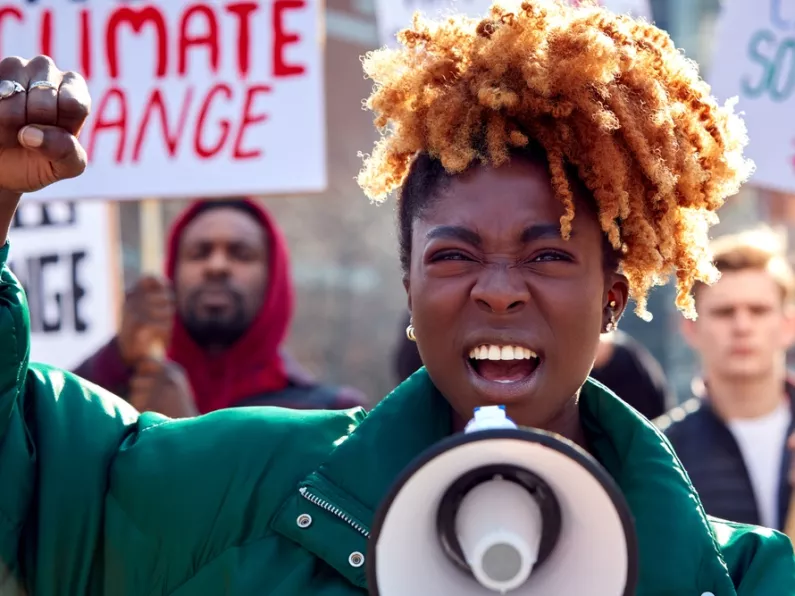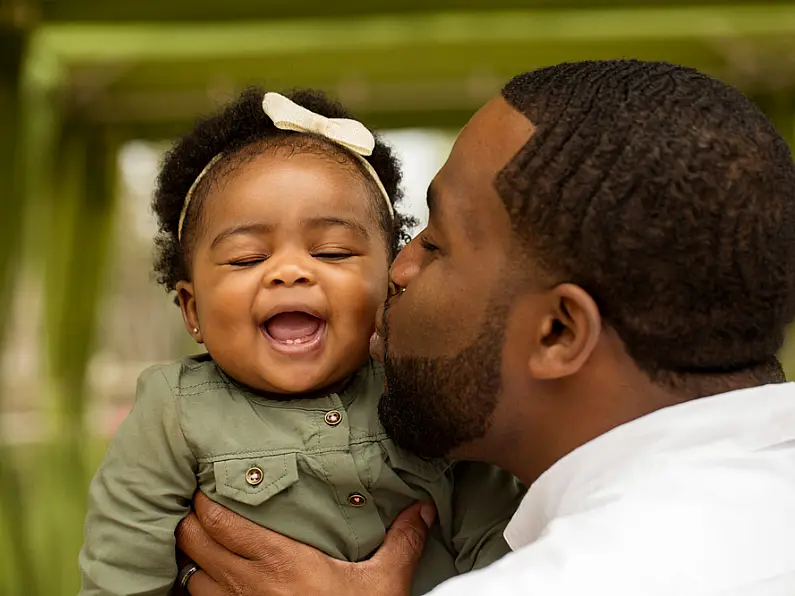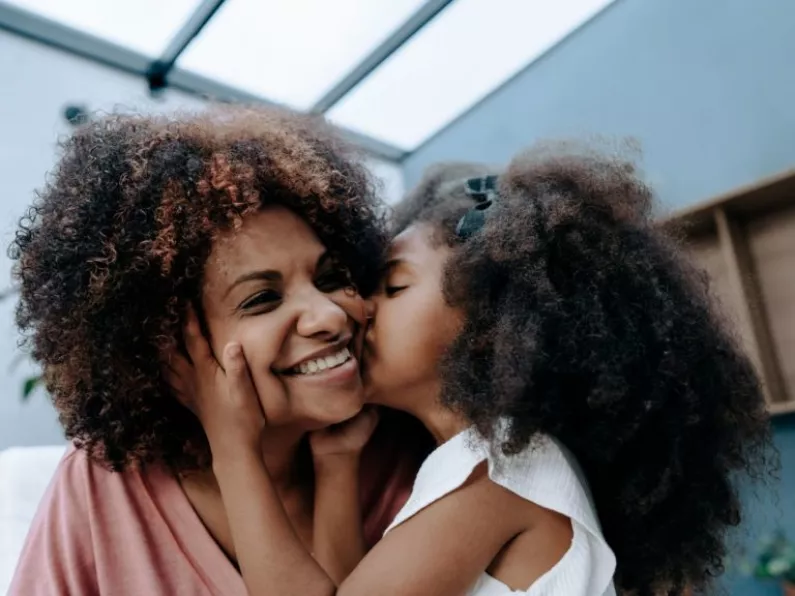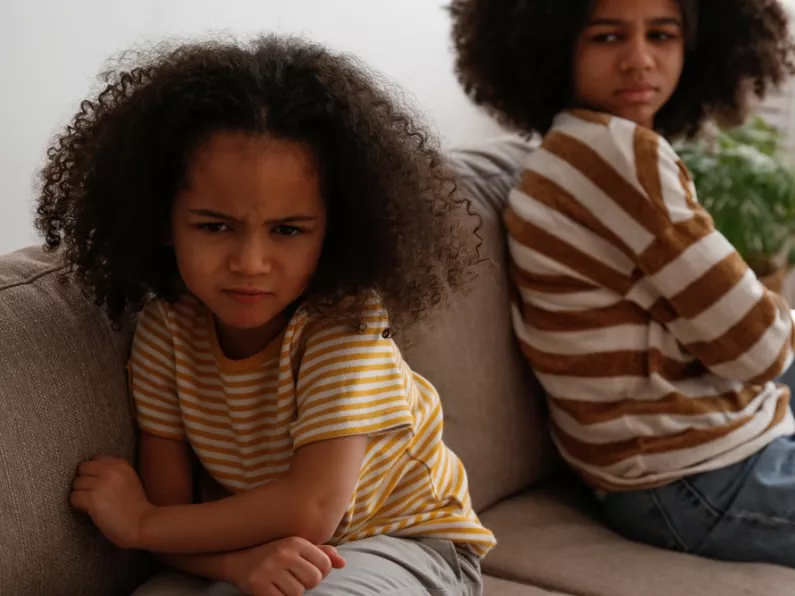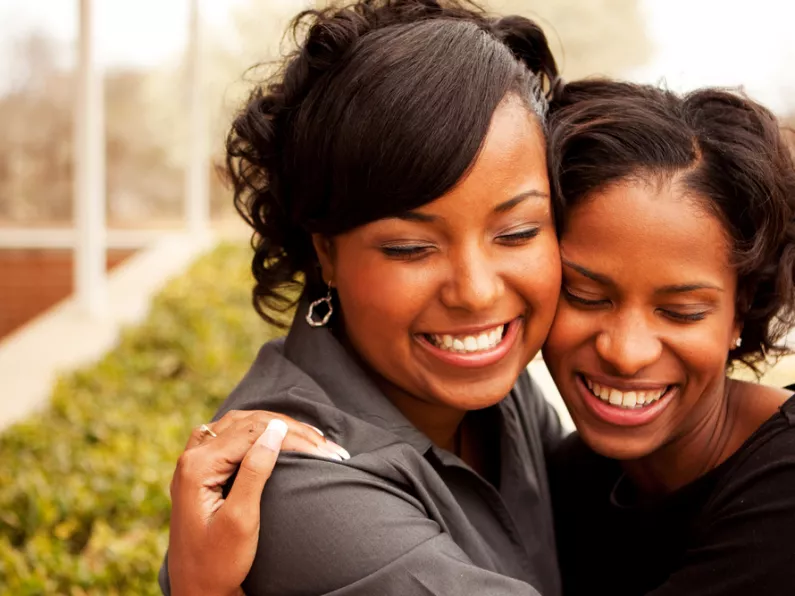Climate change and motherhood, two phrases you probably wouldn't put together. But there are more commonalities than you might first imagine.
The term “Climate Change” can invoke a feeling of dread or complete indifference depending on what side of the spectrum of interest you fall.
Perhaps you are an environmental warrior - persistently reminding others of the ill effects of climate change.
Or instead, maybe you are one of many who believe that the world is going to end anyway, or that climate change is a myth, so “live life”.
However, no matter what side you fall on, no one can deny the changes that we are observing in Caribbean climate; the intense heat and humidity (especially recently!), the unexpected heavy rainfall during the “kawemn” season as we call the dry season here in Saint Lucia, or the intensifying hurricane season.
Although Caribbean states have a low contribution to global greenhouse emissions (GGE) – gases in the atmosphere that trap heat – compared to the larger superpowers, we are extremely vulnerable to the impacts of climate change.
As Caribbean islands, we are a brief plane ride away from each other, and so we have several similarities including sharing the Caribbean Sea, our climate, and vegetation.
Many of our islands are reliant economically on agriculture, tourism, and fishing, all of which are heavily affected by a rise in sea levels, changing rainfall patterns and temperatures, and worsening natural disasters like hurricanes.
Climate change and motherhood
No matter what side you may find yourself on in the climate change discussion, we cannot deny that something is amiss, and mothers are a group of individuals that will continue to feel the weight of the changes particularly heavily.
From sea-level rise threats to increasingly severe hurricanes, mothers across the Caribbean are facing unique challenges as they navigate the intersection of motherhood and climate change.
An often-overlooked consequence of climate change is its impact on maternal and reproductive rights and safety.
There are several ways in which climate change is threatening the health of mothers and their children - particularly babies still in the womb, and newborns.
Most of the effects begin with extreme weather events creating a domino effect of food and water insecurity, worsening of medical conditions and resulting infectious diseases, job loss and increase in stress.
The discussion on the distinct affects of climate change on maternal and reproductive rights and safety is a hefty one.
Effects of climate change on maternal and reproductive rights
The five main points below serve as a conversation starter on the topic and should encourage us to do even more research into it.
- Increasing temperatures: Although temperatures have been increasing by about 0.1 degree Celsius every decade, evidence shows that rising temperatures have been linked to preterm birth, low weight and even still birth.
- Increasing temperatures bring worsening hurricane seasons: The direct and dangerous physical affect of hurricanes impacts those whose mobility is limited, including pregnant women, breastfeeding mothers, and their babies, especially when homes are destroyed.
- A lack of clean water due to decreased or compromised water sources: This, as well as a lack of power after a storm, can affect mothers who are reliant on water for feeding and cleaning their infants. This can further drive up the maternal mortality as well as neonatal deaths.
- Increasing prevalence of natural disasters increases existing gender equalities: In both single and partnered homes, women tend to be the primary caretakers of children. Climate disruptions can affect the ability of women to provide and care for their families because adverse weather conditions resulting in the closure of schools can jeopardise pay and upward mobility in their jobs. This can lead to job loss, influencing access to birth control, and maternal and neonatal care.
- Stress: A further effect that many of us do not focus on is how stress - like that experienced during natural disasters and their destructive results – affects a pregnant mother as well as her unborn child. The stress hormones received by a fetus when the mother is going through a difficult time can have an extremely negative impact on it, especially when compared to babies born to mothers during less stressful times.
Domino effect
We cannot deny that climate change creates a domino effect of challenges experienced by mothers.
As a result, moms should play a more critical role in speaking out on climate change and reducing its impact.
Climate change is here and it’s undeniable. However, we as mothers are never helpless.
There are many things that we can do within our communities to protect ourselves and the vulnerable around us.
These include:
- Advocating for government policy: Engage policymakers at the local and regional levels to prioritize women's health and uphold their reproductive health rights in climate change strategies, along with the rights of the child.
- Support community-based initiatives: Empower and support community-based initiatives that address women's urgent needs in the context of climate change. Examples include community gardening projects and clean energy initiatives that provide reliable energy and job opportunities. One such initiative that stands out is Helen’s Daughters in Saint Lucia.
- Educate and raise awareness: Raise awareness on the impact of climate change on women, children, and young girls. Engage your local communities, including schools, churches, and other social groups, on the importance of gender-inclusive climate change responses and female leadership.
- Commit to sustainable and responsible practices: Being a mother makes one an automatic leader in the home and by extension the community, even though we may not always acknowledge that role. We can commit to more sustainable and responsible practices at home. We can also support businesses and companies that prioritize environmentally sustainable policies and practices.
Positive change
When we think of climate change it can be difficult to identify how it affects us as individuals, but we cannot deny that we are all affected, especially here in the Caribbean.
Mothers play a vital role in mitigating the effects of climate change and safeguarding maternal and reproductive health, and need to take action immediately to ensure that the health of their children and generations to come is protected.
In the Caribbean, we may not be the main culprits when it comes to worsening climate change, but we can be that proverbial drop in the bucket, to bring about a positive change.
Some websites where more information on the topic can be found:
https://www.iadb.org/en/ove/climate-change-caribbean-small-island-states
https://www.healthpolicypartnership.com/how-is-climate-change-affecting-maternal-and-fetal-health/
https://www.ncbi.nlm.nih.gov/pmc/articles/PMC4498417/
The Caribbean Coalition for Maternal and Reproductive Health (CCMRH) was founded in 2020 and works to ensure that mothers, women, and families across the Caribbean region have access to the resources they need to improve and advocate for their maternal and reproductive health.
Contact the author, Zayne Fevrier on Instagram @birth.ed.slu if you have any questions or would like to discuss further any of these issues.

